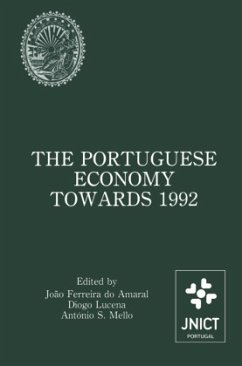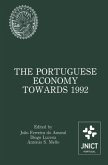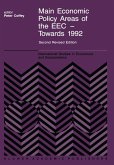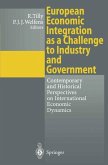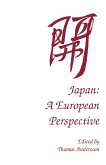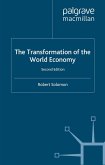This book contains papers presented at a conference held in Vimeiro, Por tugal, on March 23 and 24, 1991. The purpose of this conference was to discuss several aspects of the portuguese economy, namely issues and prob lems related with the european integration of 1992. The sponsorship has been provided by the Junta N acional de Investiga~iio Cientifica e Tecno logica, the portuguese science and technology foundation, as well as by the Banco de Portugal, the central bank. The first paper, by Horta Correia, Cesar das Neves and Rebelo repre sents an attempt to characterize and to analyze the main features of the portuguese business cycles. Making use of the real business cycle method ology, the authors contrast the properties of the portuguese empirical regu larities with those of other OEeD countries and conclude that the economic fluctuations in Portugal seem much more severe. On the other hand, the rel ative volatility of the various series analyzed, as well as their co-movement and serial correlation properties, are of the same order of those in other DECD countries. Horta Correia, Cesar das Neves and Rebelo evaluate the properties of the portuguese time series in light of the predictions of two dynamic general equilibrium models: a closed economy model and a model of a small open economy. Surprisingly, their closed economy model provides a good fit for the portuguese fluctuations, while the small open economy model predicts unplausibly low volatilities for both aggregate consumption and the trade balance.
Bitte wählen Sie Ihr Anliegen aus.
Rechnungen
Retourenschein anfordern
Bestellstatus
Storno

